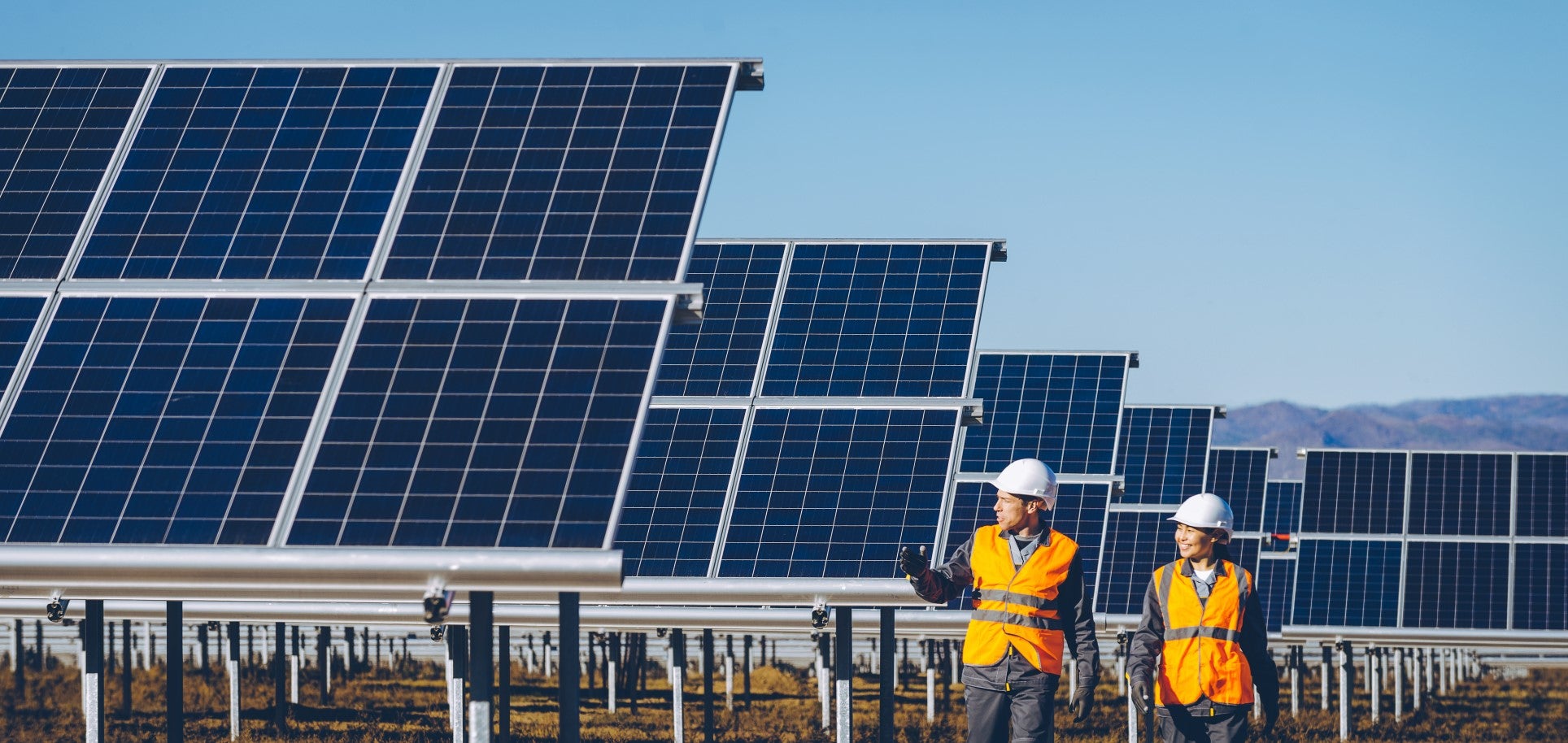Latin America and the Caribbean at the forefront of energy and technological progress

The global energy evolution and adoption of innovative technologies, such as solar panels, batteries, transmission lines, and robots, heavily depend on the availability of critical minerals like lithium, copper, cobalt, and nickel.
Without a constant and sustainable supply of these minerals, the development and use of these innovations would be seriously compromised.
With their vast mineral resources, Latin America and the Caribbean are positioned to provide these minerals and have the potential to develop value chains to lead this energy and technological evolution.
Leadership and Challenges
Latin America and the Caribbean are world leaders in the production of these minerals. For example, Chile, Peru, and Mexico represent 40% of global copper production. Chile is the top producer of copper and the second of lithium globally. Additionally, Chile, Argentina, and Bolivia together account for over 60% of the world's lithium resources.
According to official geological statistics from the United States, Brazil is one of the main producers of nickel (with a production of 77,000 tons in 2024) and the third in reserves after Indonesia and Australia.
In 2024, the country produced 68,000 tons of graphite and is the second in estimated reserves, with 25% of global reserves. It also stands out in the production and reserves of graphite, a critical material for batteries and robot construction.
Additonal Reading
Additionally, Brazil produces 91% of the world's niobium and is one of the leading countries with rare earth reserves. It is also fourth in production and reserves of graphite. In the aforementioned geological statistics from the United States, Mexico is a prominent producer and ranks tenth in global graphite reserves.
Jamaica and Guyana are important suppliers of bauxite and alumina to the United States. These are key raw materials for aluminum production and necessary for technologies associated with energy evolution, construction, and transportation, among others.
Eight countries in the region (Argentina, Bolivia, Brazil, Chile, Guyana, Jamaica, Mexico, and Peru) were among the main sources of non-fuel mineral imports, on which the U.S. depended more than 50% between 2020 and 2023.


Enabling Factors
Despite all these resources, the region's mining sector faces some challenges, especially related to conflict management, land management, revenue sharing, governance and transparency, and the development of adequate associated infrastructure.
It is essential to consider several enabling factors to ensure sustainable investment in critical minerals:
- Clear Regulatory Framework: Stable public policies and regulations are crucial for attracting investments.
- Fiscal and Financial Incentives: Offering a competitive fiscal regime and adequate financing can motivate companies to invest in clean technologies.
- Public-Private Collaboration: Partnerships between the public and private sectors can help share risks and benefits.
- Access to Technology and Knowledge: Facilitating access to advanced technologies and promoting knowledge transfer is essential for improving the efficiency and sustainability of extractive operations.
Private Investment
Private investment is essential for the sustainable development of the mining sector. Mining companies are beginning to lead the implementation of digital solutions to improve the productivity and sustainability of their operations.
Adopting new technologies and digitalization, driven by the private sector, are crucial for minimizing environmental impact and improving operational efficiency.
Technological innovation and digitalization, along with attracting private investment, will help develop global value chains that balance environmental protection with community well-being.
Additionally, private investment depends on a clear regulatory framework, transparency and accountability mechanisms, fiscal and financial incentives, and access to technology and knowledge.
Our region has the potential to become a key driver for the evolution of global energy. Collaboration between governments, companies, and local communities is essential to ensure responsible and sustainable resource exploitation.
Several countries in the region have the opportunity to develop and leverage the economic benefits of these minerals. Their exploitation will only be possible if managed responsibly, with fair and sustainable distribution of substantial benefits, transparency, and a forward-looking vision for future generations.
LIKE WHAT YOU JUST READ?
Subscribe to our mailing list to stay informed on the latest IDB Invest news, blog posts, upcoming events, and to learn more about specific areas of interest.
Subscribe



